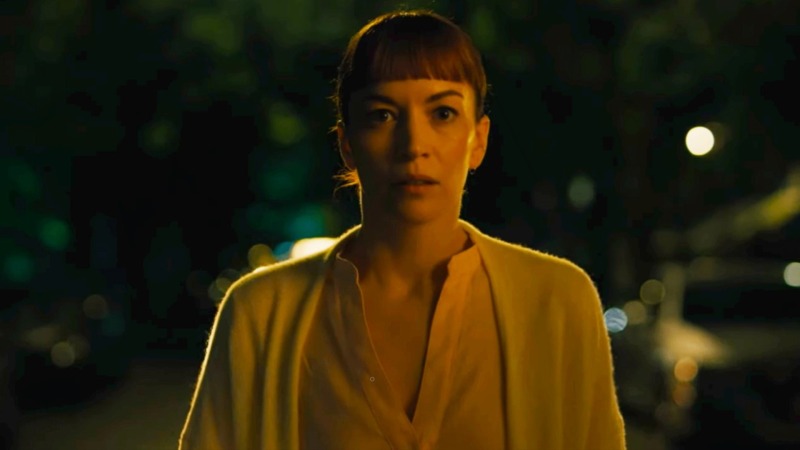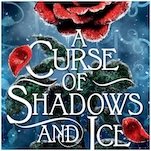Funny, Slick but Ultimately Rushed, Crime Caper Psycho Therapy Can’t Get its Head Together

Any screenwriter would tell you that beginnings and endings are tricky propositions; elements of a script that have a tendency to stick in the mind of an audience and disproportionately affect how satisfying that story tends to be regarded. Turkish writer-director Tolga Karaçelik’s English language feature debut Psycho Therapy (full name, Psycho Therapy: The Shallow Tale of a Writer Who Decided to Write About a Serial Killer) starts out on a strong note, setting the hook for what looks like a Coen-esque, darkly comedic crime caper, a tale about a disintegrating marriage, a failing career and the brush with murder that just might salvage both or doom everyone involved. If only the film ultimately knew where it was going, the considerable talents of its trifecta of stars could have handily carried it as far as it needed to go. Instead, Psycho Therapy’s screenplay derails it in its closing minutes with genuinely whiplash-inducing abruptness, running out of gas when it’s still seemingly far from its natural finish line. It’s probably been years since I’ve encountered a non-ending that so thoroughly dashes the momentum of what had been a fairly enjoyable narrative.
Keane (John Magaro) is a hapless writer who was cursed with a modicum of early success. Perhaps you know the type–his debut novel moved a few copies, got him on a few year-end lists, and won a small award that means something to him, and him alone. Keane has subsequently allowed this small achievement to insulate him from the world as he spent the last four years working on a tedious follow-up novel involving … the last Neanderthal man, romancing a homo sapiens woman in prehistoric Slovenia. Does Keane know anything about Slovenia, or human evolution? Certainly not, but why let that stop a genius writer at work? He’s a deluded, nebbish fool, the kind of guy who good-naturedly but naively believes that people like and admire him more than they actually do, unable to admit to himself that he knows deep down that his modest early success was a fluke. He can’t even see the mockery of his friends and resentment of his wife when it’s plainly laid out in front of his eyes.
-

-

-

-

-

-

-

-

-

-

-

-

-

-

-

-

-

-

-

-

-

-

-

-

-

-

-

-

-

-

-

-

-

-

-

-

-

-

-

-








































